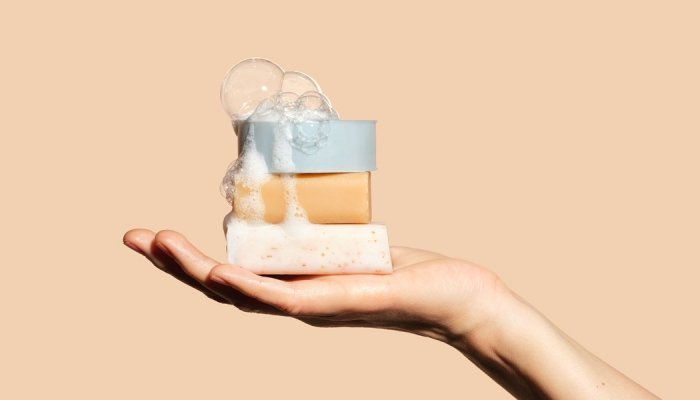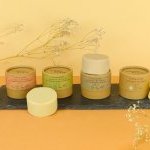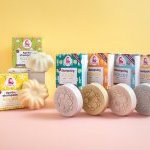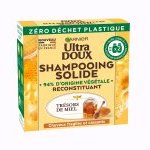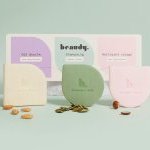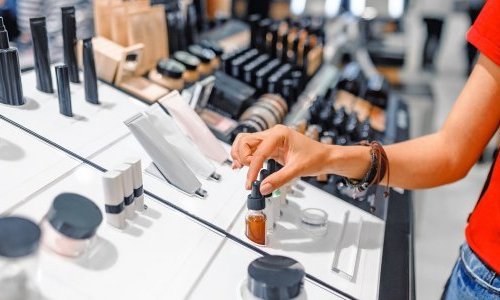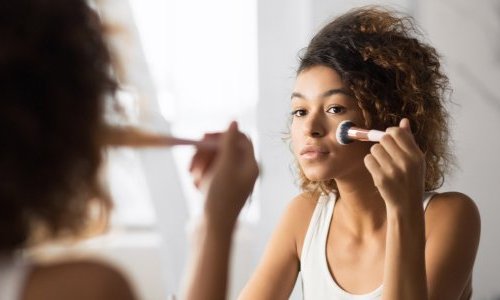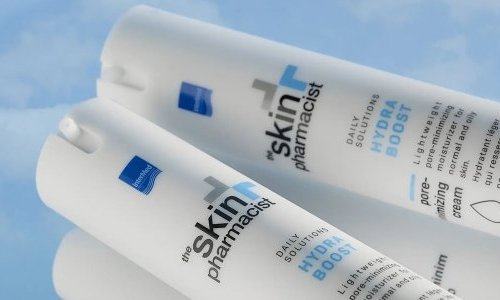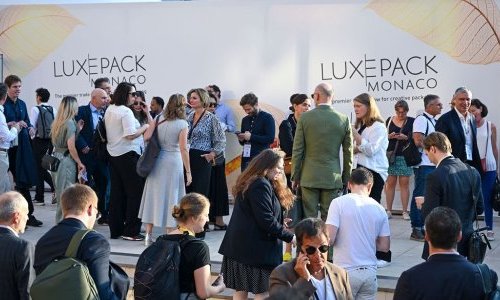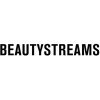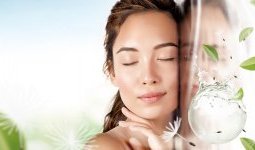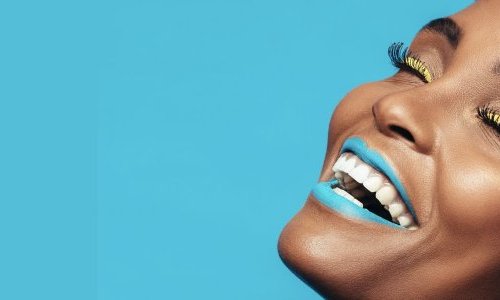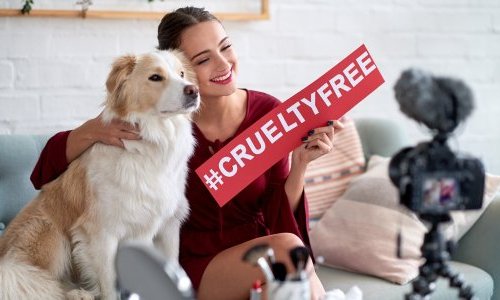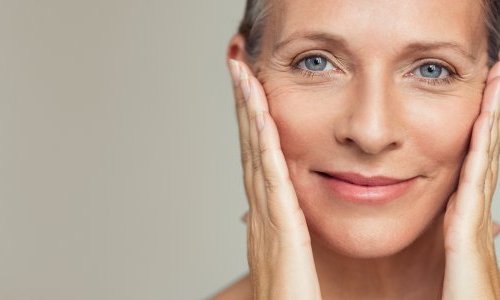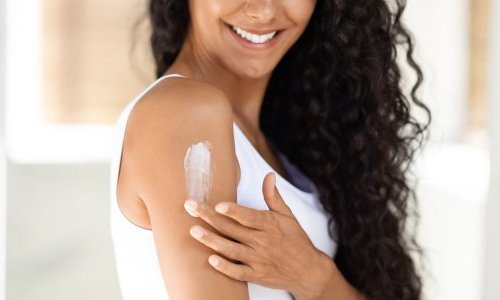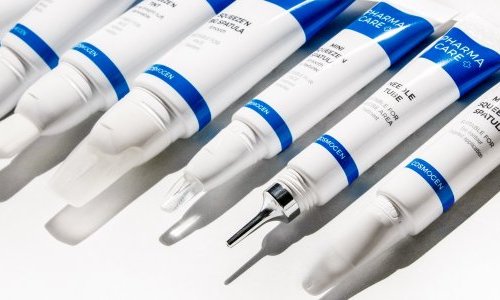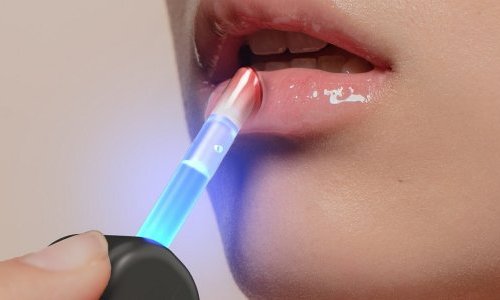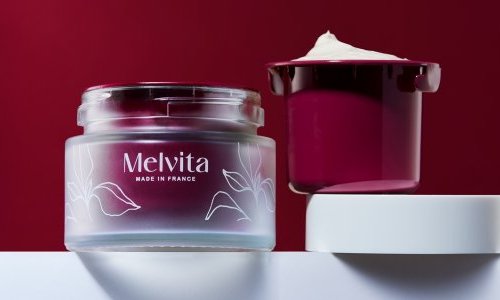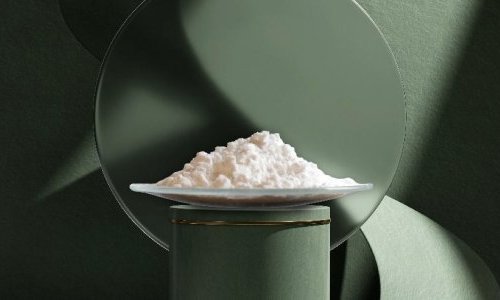Before 2019, there were almost no references of solid cosmetics in supermarkets. Three years later, the situation has changed a lot, with a rise in value of +17%. This increase can be explained by the arrival of beauty giants on this segment, like Garnier, Dop (L’Oréal), Nature Box (Henkel), but also Nivea (Beiersdorf), Sanex (Colgate-Palmolive), or Corinne de Farme (Sarbec).
“As a leading brand in our industry, it seemed essential to help democratize this new, more responsible beauty gesture and support our consumers in adopting it”, explains Stéphanie Borri, General Manager of Garnier France.
“7.5% of French people purchased solid cosmetics at least once in 2021, compared to 1% in 2019,” adds Anaïs Dupuy, Expert Hygiene Beauty at Kantar. In France, the solid cosmetics turnover reaches 85.5 million euros now (from November 2021 to October 2022), and the market share amounts to about 1.5% and 0.2%, exclusive of soap (source: IRI for all supermarket channels - exclusive of toothpaste and roll-on deodorants).
Haircare: the best recruiting solution
“Solid hair products represent slightly less than 13% in terms of market share. They are followed by face care products, with 2.1%, and preceded by soap, with 83.4%,” says Valérie Locci, Key Account Manager at IRI. “If soap is excluded, haircare is clearly a market driver, compared to other, niche categories in supermarkets, like shaving, bath/shower products, and deodorants”, she adds.
Still, these figures should be qualified, since the institute excludes “green roll-on deodorants (cardboard, refillable)” from their calculations, so their weight is “probably under-represented”.
This appetite for solid products is confirmed by Anaïs Dupuy: “Haircare products, in particular shampoo, were great recruiters in 2021, with +6.5 points, compared to +2.4 points in 2019. Consumers now dedicate 25% of their global shampoo budget to solid shampoo, which just shows how this new gesture is becoming a buying pattern”.
A segment in search of innovation
And yet, solid cosmetics have not always had such a good reputation. “They are not convenient, they make no foam, they do not clean well, they make the hair feel like straw, etc.,” explains Laure Favre, co-founder [1] of the new brand beaudy. And yet, according to her, the demand for clean and responsible solid cosmetics is extremely high – hence the importance of innovative formulas.
Is this the end of solid shampoos floating in their cups after use? Brands have rivalled with ingenuity to make the solid product gesture playful and accessible: suction cups to hold the products, nets to completely finish them, pretty waterproof travel kits… Everything should be well-thought-out to seduce consumers and make them feel like testing them.
And it works! “50% of our turnover is now achieved with repurchase”, says Sarah Pouchet, co-founder of Unbottled, which released a solid waterproof makeup remover a few weeks ago, along with reusable wipes.
“Brands’ enthusiasm for solid cosmetics confirms they have grown aware of the ecological urgency: this is conveyed by their reducing the use of plastic in packaging, but also of water, which can represent up to 80% in a cosmetic formula”, emphasizes Sophie Lauret, the founder of Comme Avant. “However, I am a bit less enthusiastic about the composition, although we have always been irreproachable. We based our brand on this essential value: a clean composition to preserve the whole family’s health,” she adds.
A more democratic offering
“Many brands have been emerging on all channels, and solid cosmetics have found their own place in supermarkets. The general public is gradually seizing this opportunity, which makes the segment grow,” sums up Valérie Locci, IRI.
The profile of solid shampoo buyers is actually far from the usual Parisians with a “Bobo style”. “It is close to that of liquid shampoo buyers, whether in terms of sociodemographics, age, or social class,” explains Anaïs Dupuy.
The brands surveyed confirm rather broad a consumer profile: mainly women between 30 and 50 who purchase products for themselves and their own family, almost everywhere across France. “At Lamazuna, we have a fan base which accounts for about 20% of our turnover. However, we have noticed consumers have been fluctuating since before 2019, which can definitely be explained by the abundance of today’s offering. They feel like testing several brands, which is only logical,” explains Laëtitia Van De Walle, the founder of the solid cosmetics pioneer brand in France.
In 2022, Garnier Ultradoux even launched a new solid reference, this time for children: an apricot and cotton flower shampoo. “Offering a solid range with no plastic waste was an additional step in our commitment for greener, more sustainable beauty. It is also an answer to our consumers’ expectations,” explains Stéphanie Borri. She revealed to us that there are ongoing projects for the Fructis brand.
“The fact that this new galenic form is increasingly present in supermarkets, while until now, it had usually been available in organic stores, from the selective distribution, and online, reminds of the craze for organic products a few years ago,” foresees Anaïs Dupuy.
Distribution is also diversifying in city centres. After joining the Sephora network in early 2022, Unbottled has just opened a first store in the 3rd arrondissement of Paris, 60 Rue Vieille du Temple. This choice was carefully thought out. According to Sarah Pouchet, it can be explained by two parameters: e-commerce hidden costs and consumers’ need for in-store experiences.
“Today, to get traffic online, you need to spend a tremendous amount of money. To me, there is a reverse movement slowly growing in this sector, which consists in reviewing one’s vision of retail to get back to physical stores. In addition, contrary to what can often be heard, consumers do not feel like staying behind their screens. They do like visiting stores to get a unique experience, and that is what we provide them with this new shop: testing this new gesture related to solid cosmetics consumption, before buying it”, explains the creator. Of course, meanwhile, the brand takes care of its e-commerce customers. Next year, they will launch the website in several languages to virtually pass the French borders.
This data seems pretty encouraging for a very young market which has only started to diversify!

